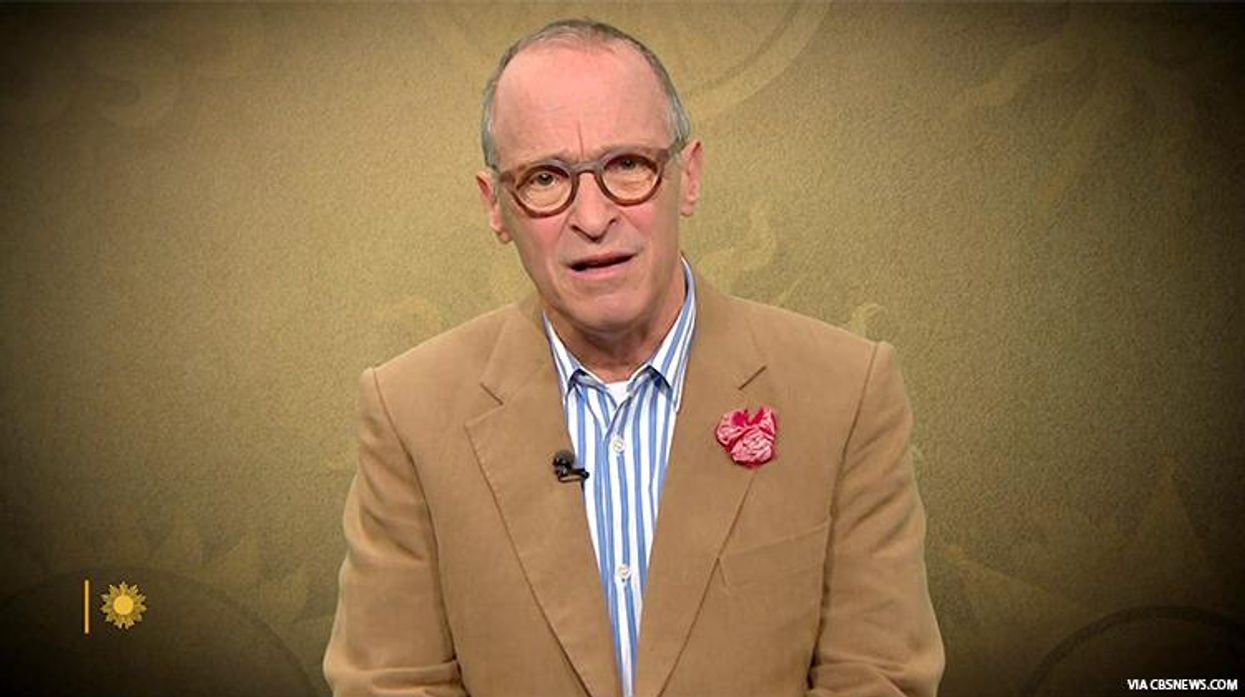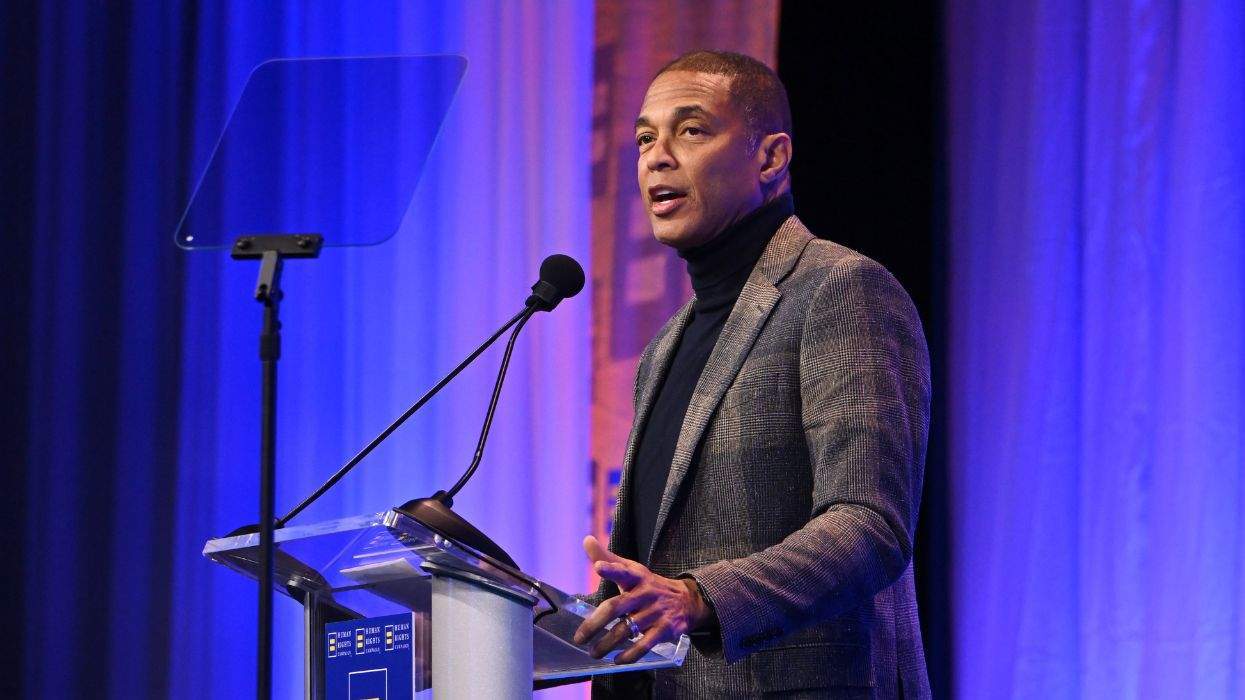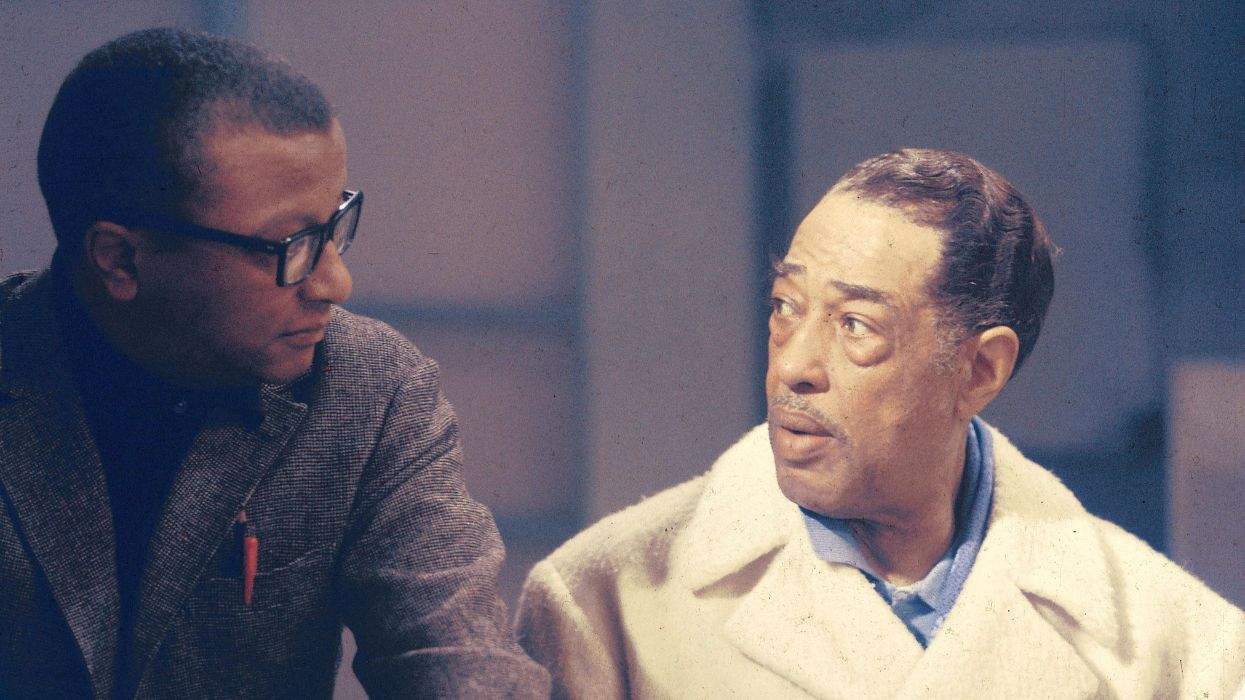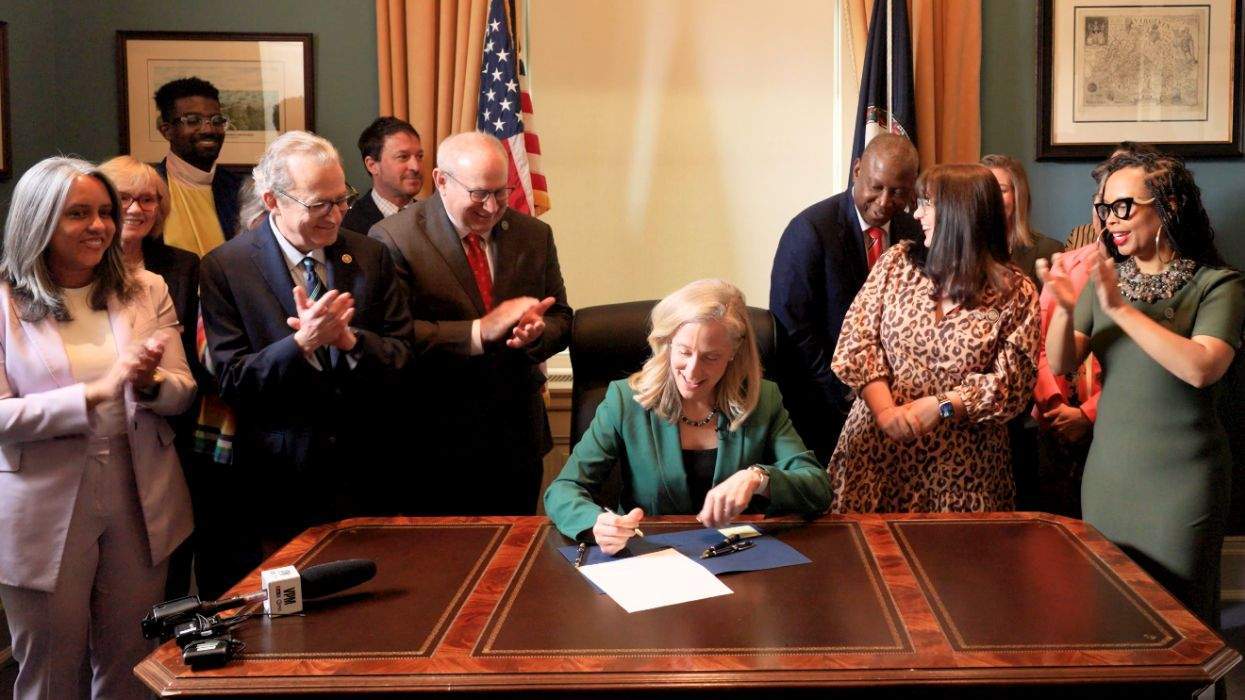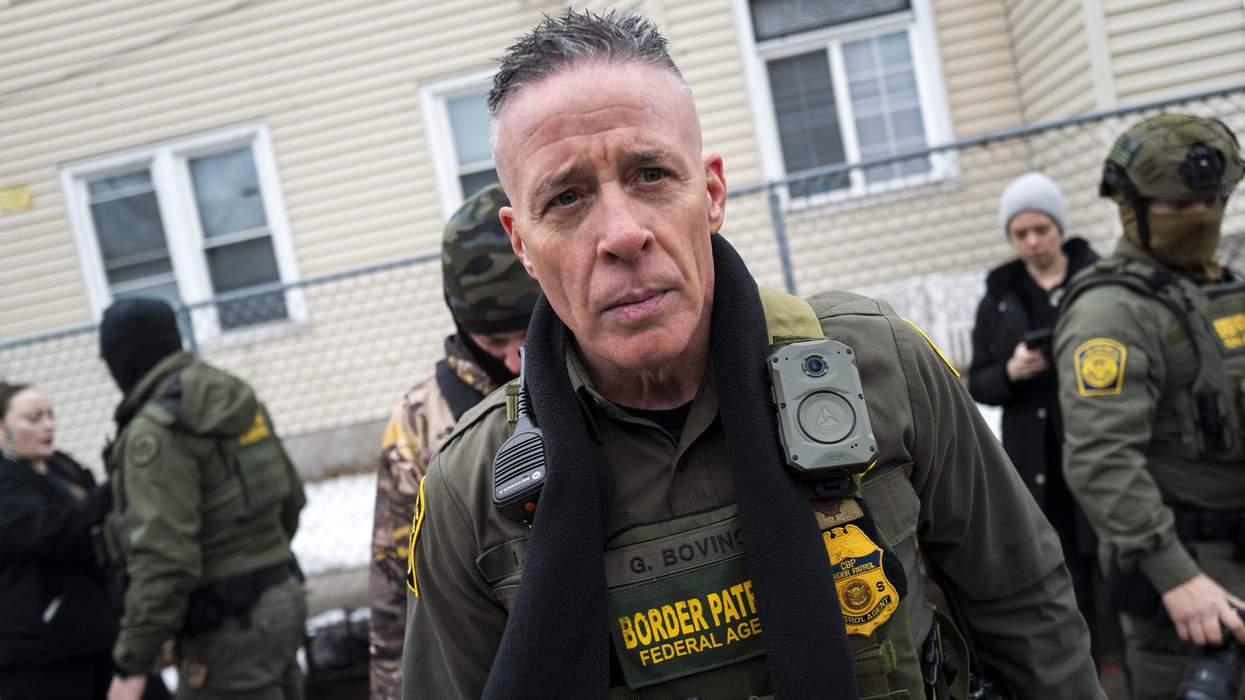"You're f**king queer!"
For those of us of a certain age, a statement like that, delivered with venom, can elicit terror.
For those of this generation, a statement like that, delivered euphorically, can elicit joy.
Case in point, while talking with participants at the Helsinki Pride March this summer, my body jolted when I heard a young woman scream, "You're f**king queer!" When I turned around to see what prompted that, I saw two young teenagers hugging and jumping up and down. I surmised that she saw an acquaintance, who she didn't know was queer, and feigned shocked excitement.
And notice how I used the word queer to describe her friend. I could have said lesbian, but would that have been a presumption? Perhaps the young woman was bi? Or nonbinary?
Whether to use the word queer positively has been hashed out many times before, so this argument is nothing new; however, last weekend, gay (queer?) humorist and author David Sedaris did a commentary for CBS Sunday Morning during which he attempted to find humor in the growing use of the word queer. He lamented that he started as a homosexual, then became gay, then LGBT, and now queer. He said it was like coming out all over again.
He doesn't want to be rebranded as queer, and that's his prerogative. And then, in a discomforting way, he announced that he was straight since that never changes. What about heterosexual, heteroromantic, or hetero? He compared the term straight with Jewish or female because he said those terms are consistent. I won't go too deep there, but what about Orthodox, Conservative, and Reform? And saying the word woman is consistent seems a bit misogynist? I'm going to let feminist legend Gloria Steinem dive into that one.
OK, back to queer. Sedaris's harangue is about one minute and 30 seconds, with so much to unpack. He says he met a tall woman who identified as queer, though she's never been with a woman, and she's queer because she's tall. That seems like a bad example of why queer is bad. But if she says she's queer, then she's fine to identify however she'd like.
This brings us back to Sedaris. No one is asking that he, as an individual, identify as queer. He can continue to identify as gay or as a homosexual. His stance posits as if queer has replaced homosexual or gay, and that's not the case at all. Personally, because I'm a bitter old queen (I have every right to say that since I've seen it in the comment section many times during the last three years), I prefer not to be called queer. That doesn't mean I don't like the word queer.
I spoke to one of our lesbian staff members since, as a gay man, I shouldn't be speaking for lesbians. It was pointed out to me that when you think about it in context, if any label could make this case, it's certainly the lesbians, as the term really disappeared for quite a while. Remember when lesbians were first gay, and then they were lesbians, and then women who became queer? When I speak to women who are lesbian or bi or nonbinary, almost to a person, they describe themselves as queer. I did a column with Lea DeLaria, who is queer. And I just spoke to global pop star Betty Who, and she also identifies as queer.
As a writer, I'm happy to be able to use the word queer, and Sedaris, as a writer, should feel the same way. I get to talk to a lot of people writing for The Advocate, and many of them, particularly from this current generation, prefer to be called queer, and I'm all for that. In addition, it is a great umbrella term. Writing for the LGBTQ+ community, you can only use LGBTQ+ so many times in a column.
Many, including myself, appreciate the fact that we, as a community, have reclaimed a word that once brought terror into our hearts, i.e. a threatening "You're f**king queer!" That's not to say it was easy for some of us to accept queer. I remember when I started writing three years ago how hard it was to type that word and then to look at it staring back at me. But over time I've accepted that word and the positivity that now surrounds it. I think I'll be subconsciously hearing the young woman in Helsinki using the word queer so proudly for a long time.
I'm proud of this generation for embracing the word queer, because it's helping to inform prior generations about the inclusiveness and openness of our community. That's what the word really represents. Older generations scoff at us for having too many letters in our acronym. They don't need another reason to mock us.
CBS Sunday Morning is a show that skews to an older demographic -- in TV and ratings parlance, those over 50. And that audience is predominately straight, even with gay contributors like Sedaris and Mo Rocca. What I'm afraid of is that Sedaris's riff that trashed the word queer just gave older straight Americans another reason to disparage us. Further, by adopting the word straight in a humorous way to describe himself implies that being queer is somehow indecisive as opposed to being a conclusive straight person. I've always liked Sedaris and wish he would have explained why the word queer matters.
When I first saw his commentary, I laughed, and related to the fact that I didn't like to be called queer either. Doesn't mean I don't like the word, just that I prefer not to be called queer -- like Sedaris. But then I watched his observation again and again and again, and I began to see why it wasn't funny at all. Sedaris admits to being 64 as a way perhaps to approach it from a POV of a sexagenarian (Oh, the irony!). But that doesn't give him a pass. Look at 80-year-old comedian Robin Tyler, who identifies as queer and nonbinary.
Finally, and perhaps most importantly, the meaningfulness and affirmative use of the word queer can be traced back to the late 1980s and early '90s when activists created the slogan "We're here, we're queer, get used to it" to draw attention to the AIDS crisis and inequality. And that phrase, with queer as the crescendo, made an everlasting, historic impact. As a 64-year-old, Sedaris, I'm sure, doesn't need to be reminded about that.
I'm here, and I'm gay and proud of it. And I'm also proud that I typed the word queer almost 40 times in this column without a second thought.
John Casey is editor at large for The Advocate.
Views expressed in The Advocate's opinion articles are those of the writers and do not necessarily represent the views of The Advocate or our parent company, Equal Pride.
